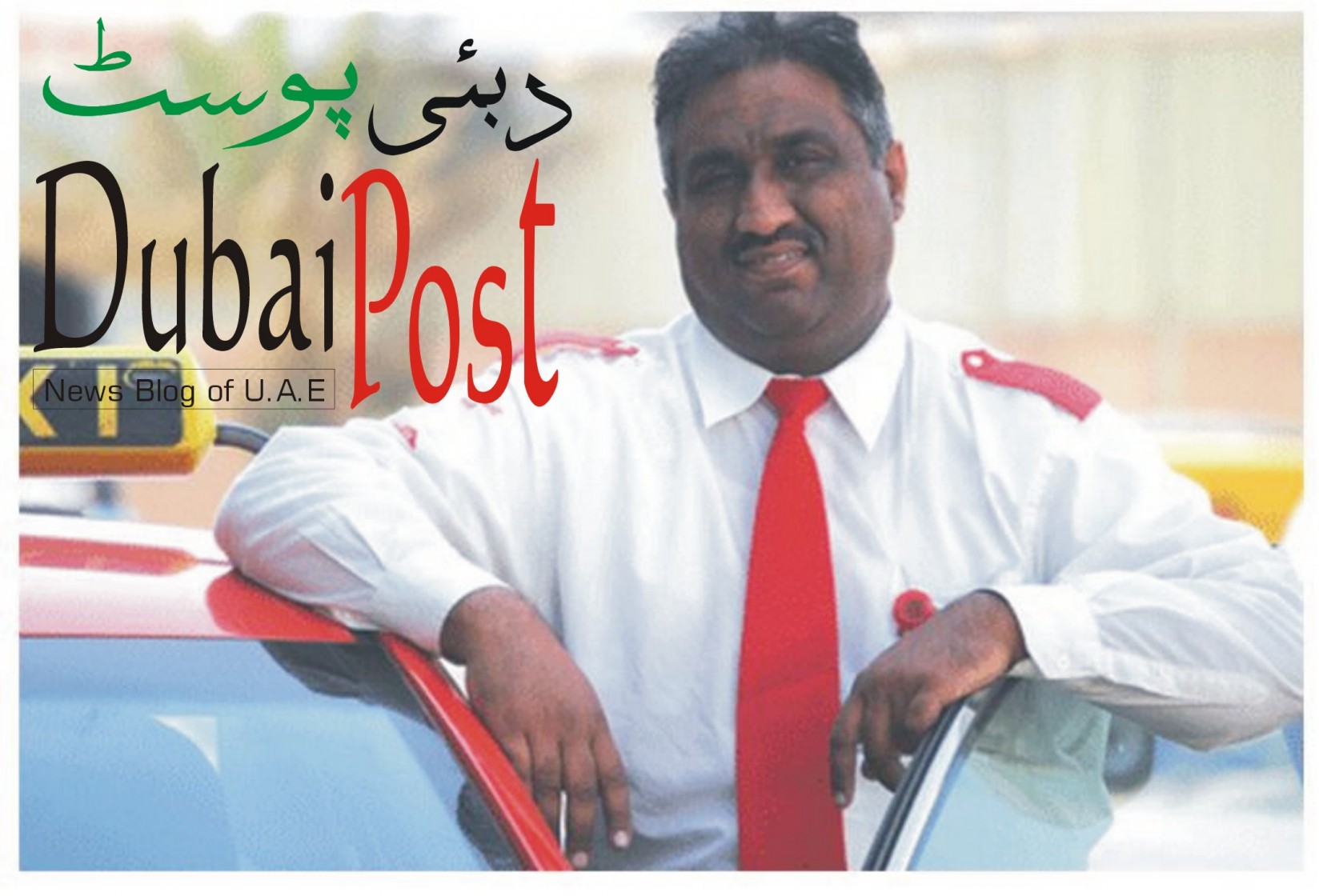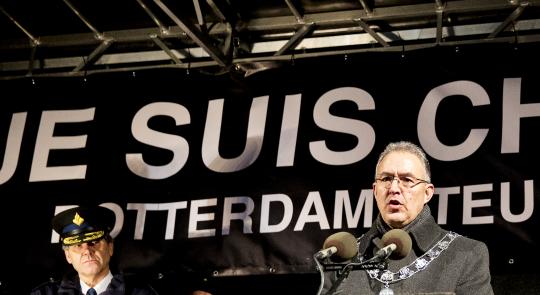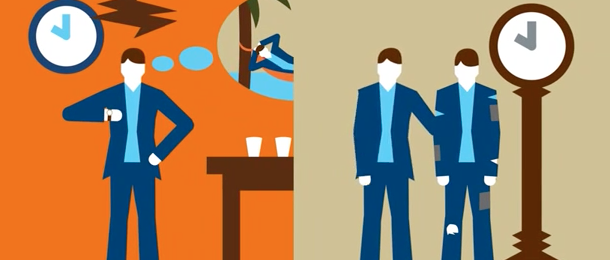

English/Nederlands
Dubai is a multicultural hub and thus people may come to believe that culture can be disregarded as an issue since we all are truly global. But get into a conversation with the average taxi driver, not coincidentally from Pakistan, and you’re in for a treat.
Hello, I’m Ahmed
Ahmed is his name and he is born in a secluded village in Peshawar, way up north in the mountains near the Khyber pass. He happily starts sharing his story with any attentive passenger, because the centerpiece of his life, his home with a wife and eight childeren is far away. Not just his wife and kids but the whole extended family including his brothers, uncles and aunts and grandparents are of the greatest importance. And as in Peshawar the village consists of one extended family only, basically each family has their own village.”All together, that’s the best” he says, “it protects us from intruders and wild animals”. A family elder is in charge, usually the father or when he is no longer capable, the eldest son. Disputes are resolved within the family and debates are part of daily life, according to Ahmed.
Tribal meetings
One step up, on a regional level, there’s another form of cooperation. Family or clan elders meet in the jirga, the Counsel of Elders.They are governed by the Malik, a respected person of a certain hierarchical level. He’s chosen form the midst, not by election, but by consensus. The Malik does need to be approved by the government, as a mutual representative at regional and provincial meetings.
Happy families
While the taxi moves along the Sheikh Zayed Road Ahmed enthusiastically talks about arranged marriages as being another fantastic part of the tribal family structure. Marriage is seen as a kind of contract that provides a woman with safety within the system.
“But, maybe a very Western outlook. How about love?”. “That can be a problem” Ahmend admits.”In that case it’s not a given that the woman will be embraced and accepted by the family. And anyway, who knows better what’s good for you then your own parents”?
Safety, mutual dependence and cohesion within the clan have been the pillars of society in Ahmed’s home country for ages and still are. Ahmed proudly talks about it, happy to find a willing ear. When I leave the cab I graciously thank Ahmed for his ode and the introduction to his world. Of course I also reward him abundantly because many waters and mountain ridges away he has many mouths to feed.
PS. The Pakistani taxi driver in the picture is also called Mr. Ahmed and is famous in Dubai after he returned 100.000 Dirham to a careless passenger (that wasn’t me…).
—————————————————————————————————————————
Nederlandse versie
Dubai is zo’n stad waar het internationale overheerst, een global city. Waar je tevergeefs zoekt naar de rode culturele draad. Je zou bijna denken dat cultuur er niet toe doet. Maar, spreek er met een taxichauffeur, die, niet toevallig, uit Pakistan komt, en je hebt toch je portie cultuur te pakken.
Hallo, ik ben Ahmed
Ahmed heet hij, en komt uit een ver gelegen dorp dorp in Peshawar. Dat ligt in het noorden, bij de Khyberpas, dus hoog in de bergen. Hij vertelt honderduit, blij met aandacht voor zijn verhaal. Want huis, met vrouw en acht kinderen, is ver weg. En dit gezin is de kern waar het leven van Ahmed om draait. Niet alleen dit gezin maar zijn hele familie. Alle broers en zussen en ooms en tantes die als een familie samen het dorp vormen. In Peshawar bestaat ieder dorp uit een familie, en dus heeft iedere familie zijn eigen dorp.
‘Allemaal bij elkaar, heel fijn. Dat beschermt ons ook goed tegen indringers en wilde dieren’.
Een familiehoofd, meestal de vader, heeft er de leiding, en als hij niet meer in staat is om te leiden, dan volgt de oudste broer hem op. Natuurlijk zijn er wel eens familieperikelen of onenigheden maar dit lossen de leden onderling op. Er wordt heel veel gediscussieerd, aldus Ahmed.
Tribaal overleg
Een stapje hoger, op regionaal niveau is opnieuw een samenwerkingsverband. Familie- of clanhoofden uit de regio komen samen in de Jirga, de Raad van Oudsten. Aan het hoofd staat de Malik, een persoon van aanzien en stand. Die wordt uit hun midden gekozen, niet in een verkiezing, maar door consensus. De Malik moet wel worden goedgekeurd door de overheid om als hun wederzijdse vertegenwoordiger in een regionaal of provinciaal overleg op te treden.
Familiegeluk
Terwijl de taxi voortraast over de Sheikh Zayed Road vertelt Ahmed enthousiast verder dat ook het arrangeren van huwelijken een geweldig aspect is van de tribale familiestructuur. Het huwelijk is als een soort contract, zodat de aangetrouwde vrouw veilig in het systeem past. Maar, even een westerse vraag: Hoe zit het dan met trouwen uit liefde? Dat kan problematisch zijn, zegt Ahmed. Het is dan immers niet gegarandeerd dat de vrouw wordt opgenomen en geaccepteerd door de familie. En bovendien, wie weet beter wat goed voor je is dan je eigen ouders?
Veiligheid, wederzijdse afhankelijkheid en cohesie binnen de clan vormen de hoekstenen van de samenleving in Ahmeds thuisland. Al eeuwenlang en nog steeds. Ahmed praat er met trots over en is blij met mijn luisterend oor. Ik heb Ahmed hartelijk bedankt voor zijn lofzang en kennismaking met zijn wereld. Natuurlijk ook in pecunia want vele wateren en bergpassen verderop moet hij er heel wat monden van voeden.
PS. De Pakistaanse taxichauffeur op de foto heet ook Mr. Ahmed en is vermaard in Dubai nadat hij 100.000 Dirham had terugbezorgd aan een achteloze passagier (en dat was ik niet…).



